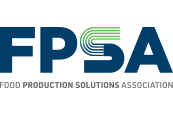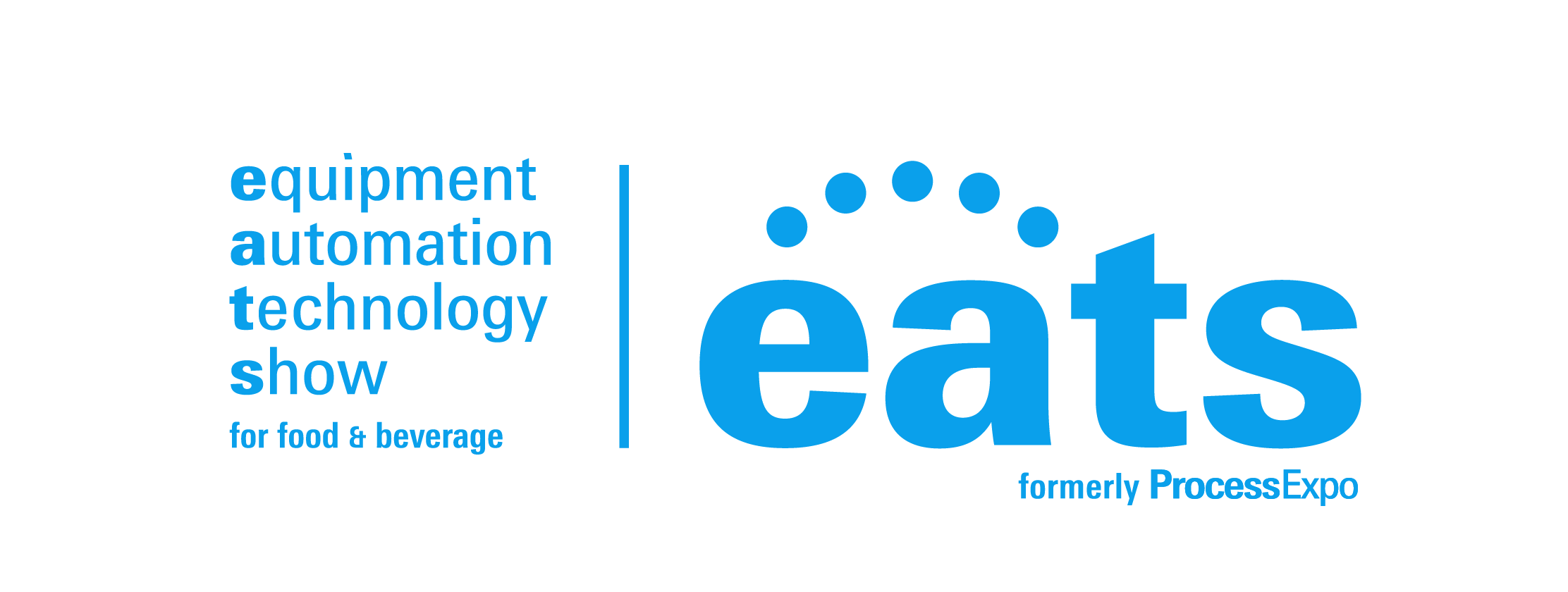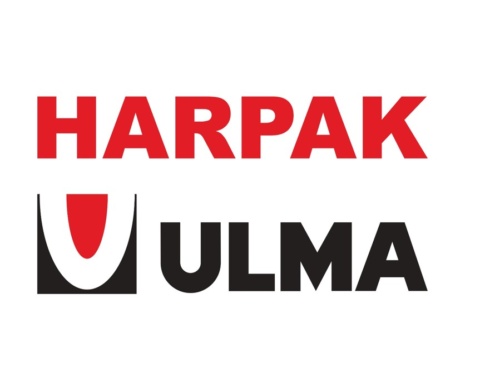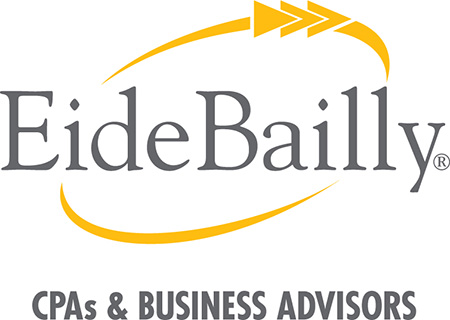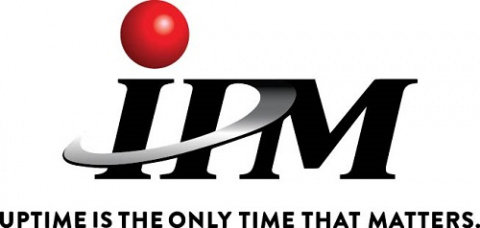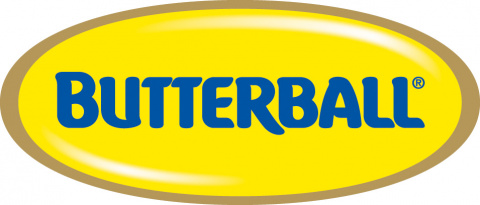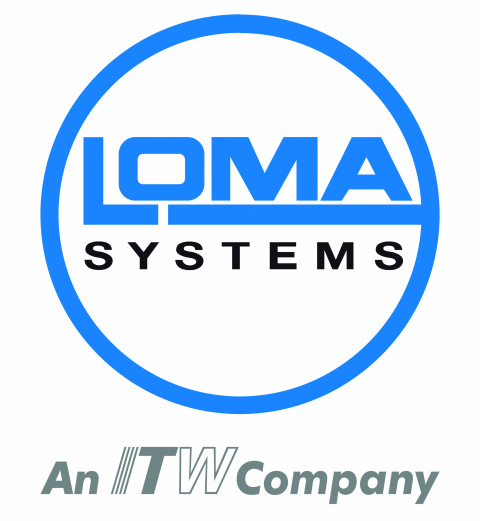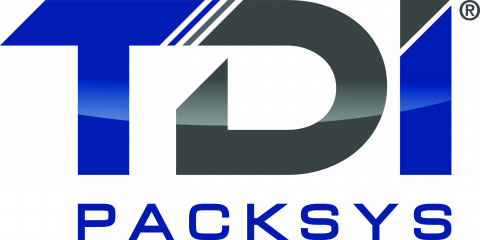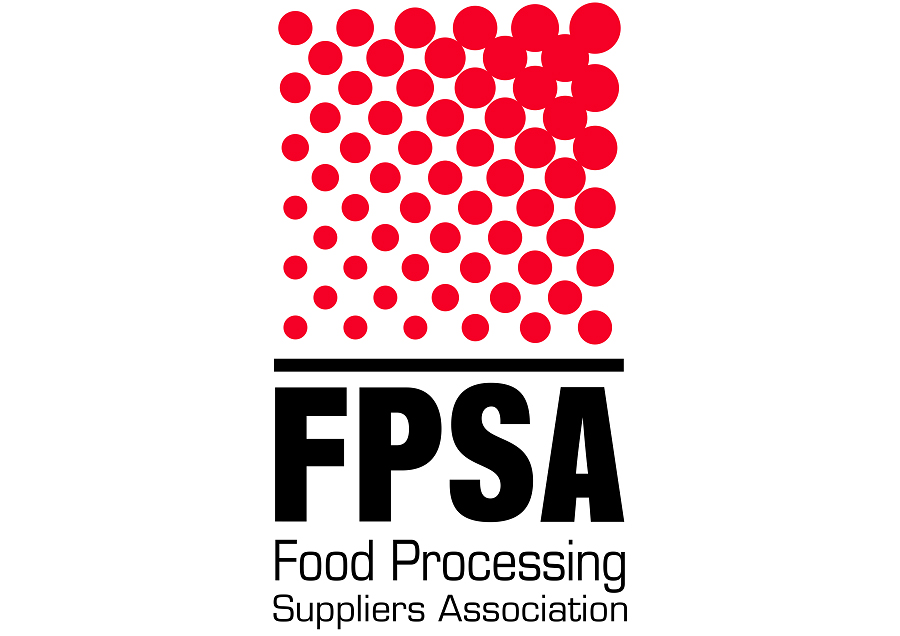
SAN DIEGO – Concerns over coronavirus (COVID-19) was the reason one presentation during the 2020 Food Processing Suppliers Association’s Annual Conference was canceled, but the event’s organizers opted to use that time slot to engage attendees in a town hall-style discussion about the business impact of the epidemic. Meat and poultry industry suppliers, processors and at least one retail executive in attendance shared information and ideas about the response to coronavirus, which has resulted in many companies restricting travel and making contingency plans to ensure the continued operation of their businesses in the event the outbreak worsens.
Many of the attendees of the impromptu session said their companies are following Centers for Disease Control and Prevention (CDC) guidelines and most have implemented restrictions on international travel, especially in parts of the world where reported cases are the highest.
The leader of one global equipment company said systemwide travel restrictions currently include Japan, Italy and South Korea, adding that visits to other countries and domestic travel “is business as usual unless a specific employee has an issue and then we deal with them on an individual basis.”
The human resource implications of the coronavirus was also a topic of the discussion. The consensus was that maintaining communication with employees is crucial in this period of great uncertainty. Providing workers with at least weekly updates about the company’s response to the coronavirus was the prevailing approach as was providing employees with the opportunity to ask questions anytime. The importance of leaders having individual and group conversations about threats and response was mentioned as a crucial component. Making accommodations for workers to be able to work from home if needed was another common preparation step many companies are focusing on and communicating those and other contingency plans for employees.
“It’s almost like a news report about our company,” one attendee said, referencing the importance of regular companywide updates to its employees.
One attendee said his company’s global sites each have an HR contact person available to employees at each location in addition to equipping facilities with temperature monitoring capabilities for all employees while keeping them informed and vigilant about identifying symptoms and the critical role of hygiene in their daily routines. Most company leaders agreed that it is vital to ensure employees that their welfare is the top priority and should be the basis for all communication plans.
“Emphasize the safety of the employees. We’re going to take care of our people and tell them ‘we’re going to get through this; this is a serious thing,’” said another leader of an equipment company.
Another stark reality discussed was that as leaders, the fact that there has been and will continue being a business impact related to the coronavirus. Supply chain interruptions, travel restrictions, trade show cancellations and overall economic uncertainty are bound to be reflected as headwinds to achieving individual and company sales goals and are all part of the fallout discussed and a reality that is occurring.
One leader said he announced to his team members that if anyone in his company has symptoms or tests positive and needs to be quarantined, any time away from work will not be deducted from their vacation time or their regular compensation. His reasoning was “if there is a financial penalty to an employee, they are more likely to mask it because they can’t afford the loss,” he said.
Jim Donald, co-chairman of Albertsons Cos. and former CEO of Starbucks, joined the conversation and reiterated the challenge posed by the epidemic. Also the next day’s keynote speaker at the event, Donald chimed in early and talked about how Albertsons is, now more than ever, focusing on employees, the communities where it operates stores and the reputation of the company now and projecting the reputation after the crisis. He said in the weeks leading up to the conference, consumers’ behaviors have been erratic.
“People are going nuts. They are buying things that don’t even make sense,” which has suppliers struggling to keep up with demand, as are the company’s 23 warehouses that serve Albertsons’ 2,300 stores. Maintaining a 30-day supply at these facilities is becoming more challenging, he said, and the monitoring of the supply chain is a daily, if not hourly practice. Fortunately, there have been no outbreaks discovered at the company’s stores yet.
“We haven’t had that disaster yet where half the store isn’t going to work,” due to illnesses, he said.
The company has experience dealing with natural disasters, ranging from fires to earthquakes to hurricanes, “but this is a first,” Donald said. “It’s not a hurricane, it’s not a snowstorm,” but Donald said the company is treating this as though it will be a long-term scenario.
“This is real, and this is testing us in ways we’ve never been tested before.”
Donald also mentioned how employees can use this challenging time to shine, and the importance of everyone keeping a level head in a time when it isn’t uncommon to see footage of shoppers coming to blows over a package of toilet paper or macaroni and cheese .
“This is an opportune time to really build your reputation from within, with your own employer base. There’s never been a better time. By taking care of them first and foremost, they will never forget this.”
